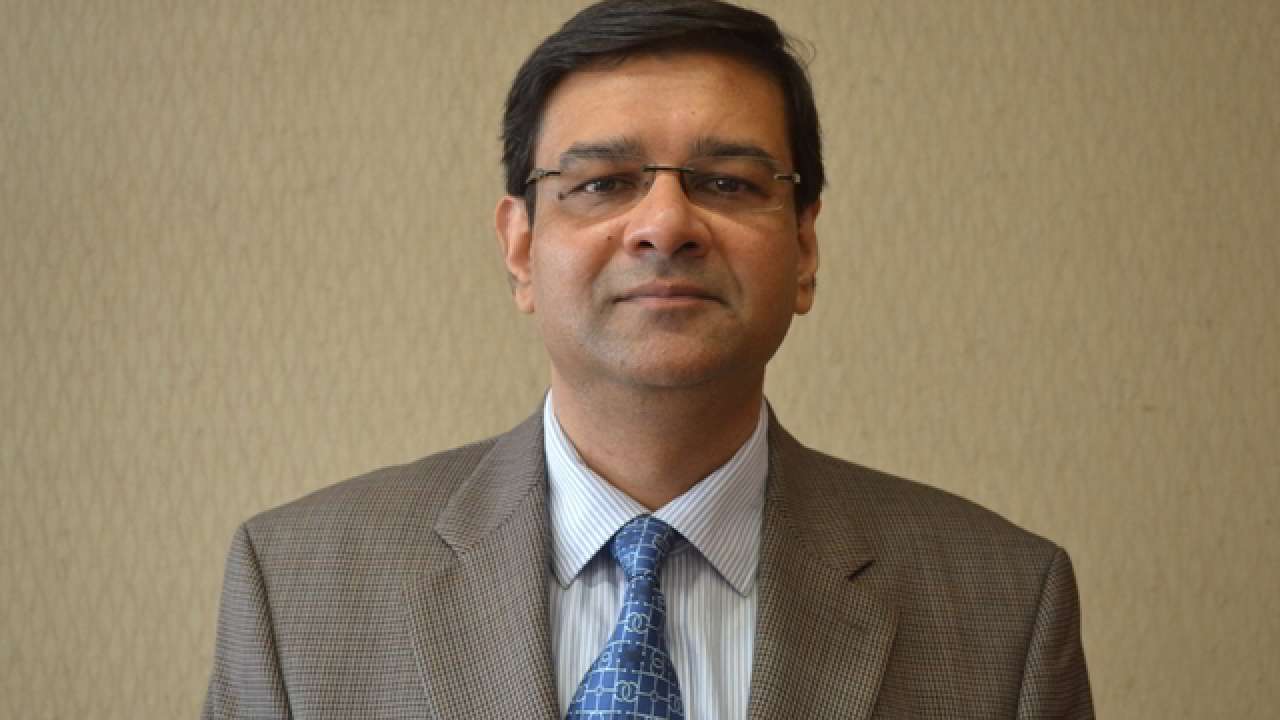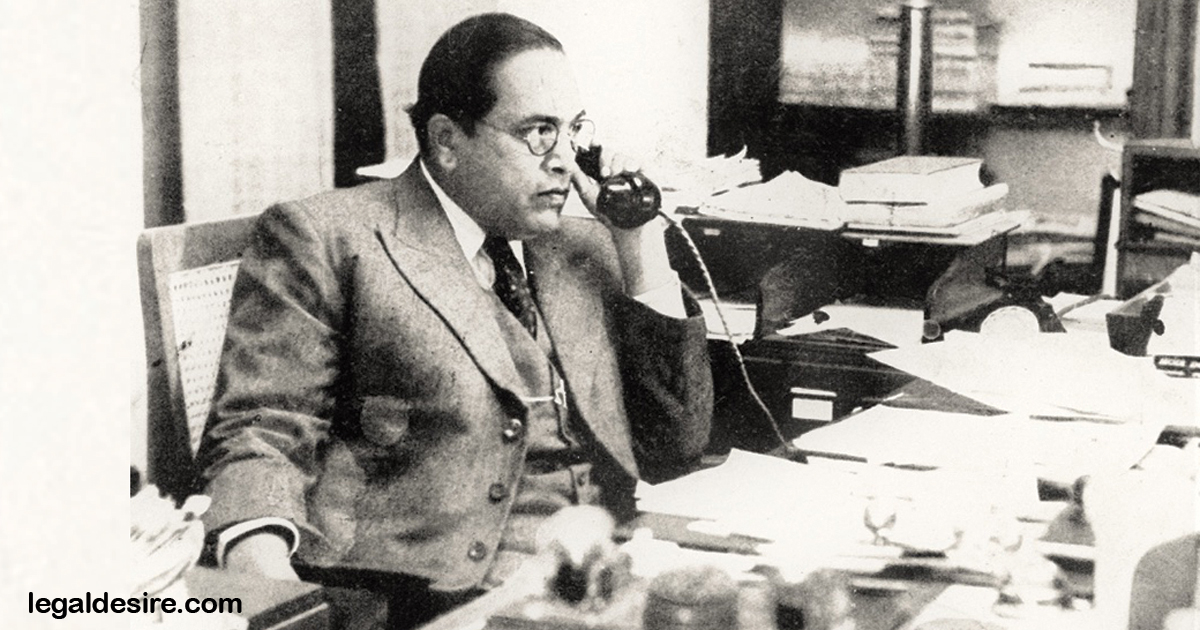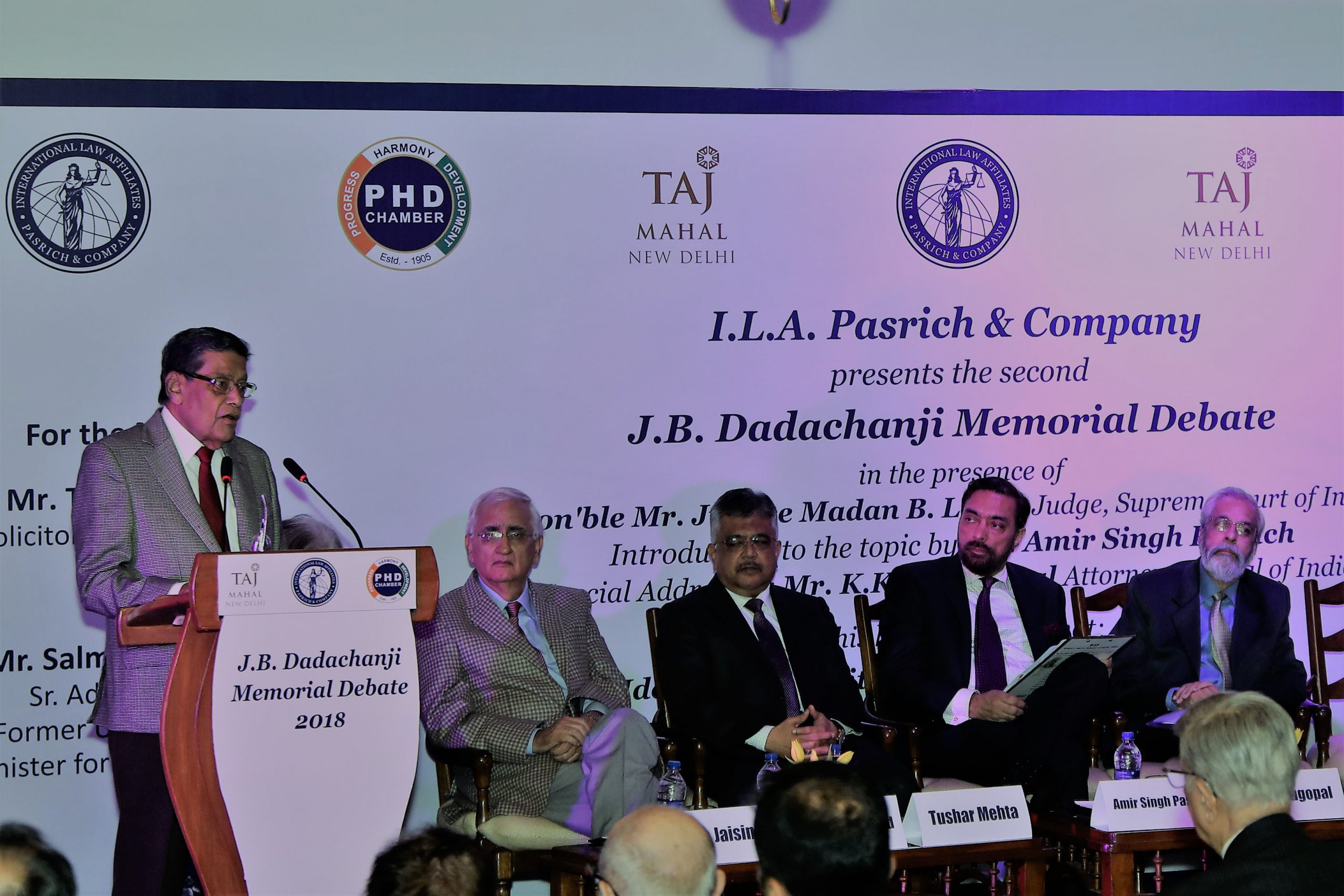Now Reading: Urjit Patel steps down as RBI Governor
-
01
Urjit Patel steps down as RBI Governor

Urjit Patel steps down as RBI Governor
Dr. Urjit Patel on Monday announced that he was stepping down from his position as the Reserve Bank of India (RBI) Governor.
His statement is as follows:
“On account of personal reasons, I have decided to step down from my current position effective immediately. It has been my privilege and honour to serve in the Reserve Bank of India in various capacities over the years. The support and hard work of RBI staff, officers and management has been the proximate driver of the Bank’s considerable accomplishments in recent years. I take this opportunity to express gratitude to my colleagues and Directors of the RBI Central Board, and wish them all the best for the future.”
Dr. Patel, was appointed the Governor of the RBI in 2016. He was previously the Deputy Governor of the central bank.
Prior to his term as Deputy Governor, which began in January 2013, Dr. Patel was with the Boston Consulting Group as an advisor on energy and infrastructure.
He has a Ph.D. in Economics from Yale University and an M. Phil. from Oxford University. Dr. Patel was with International Monetary Fund (IMF) between 1990 and 1995 and worked on the U.S., India, Bahamas and Myanmar desks.
Prime Minister Narendra Modi has said that RBI Governor “leaves behind a great legacy”. PM Modi also said Patel “steered the banking system from chaos to order and ensured discipline”. Under his leadership, the RBI brought financial stability, said the PM.
Finance Minister Arun Jaitley posted a tweet on Patel’s resignation saying the government acknowledges Patel’s services as the governor of the RBI. “The Government acknowledges with deep sense of appreciation the services rendered by Dr. Urjit Patel to this country both in his capacity as the Governor and the Deputy Governor of The RBI. It was a pleasure for me to deal with him and benefit from his scholarship. I wish Dr. Patel all the very best and many more years of public service,” Jatitley tweeted.
Patel’s resignation comes after the central bank’s spat with the Finance Ministry over issues related to autonomy and governance of the central bank. In the press conference after last week’s monetary policy committee meet, Urjit Patel had refused to comment on the friction with the government, including the invocation of the never-before-used Section 7 or the proposed economic capital framework for the central bank.







